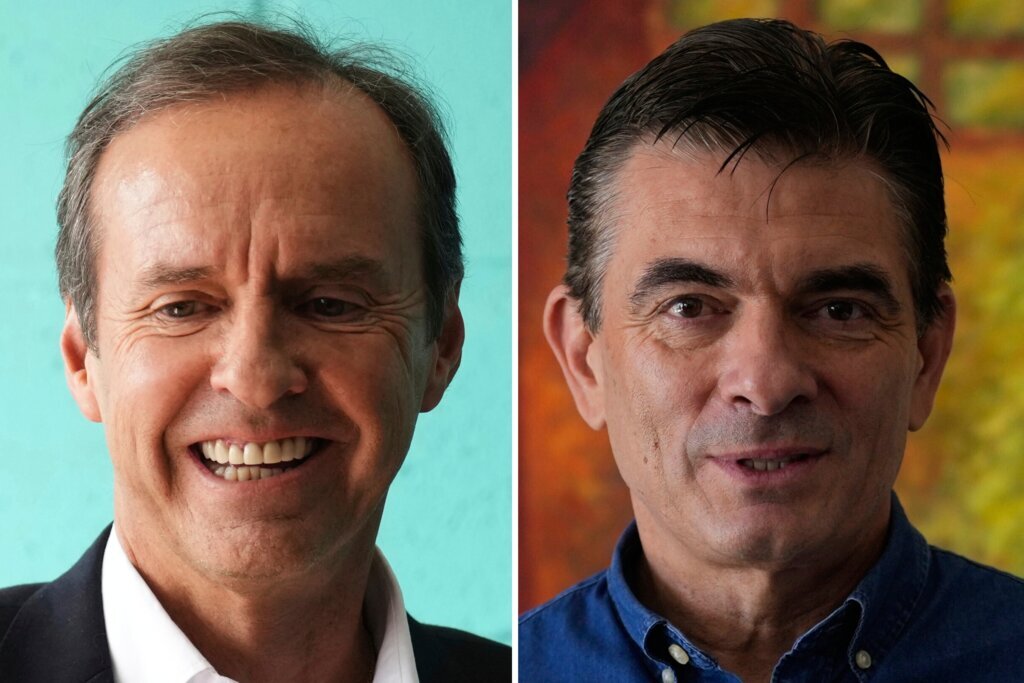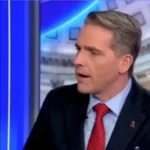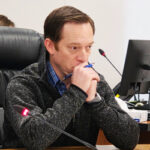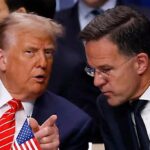Bolivia heads to the polls in a tight runoff as voters seek a president to lift them from crisis

Since 2023, the Andean nation has been crippled by a shortage of U.S. dollars. Year-on-year inflation soared to 23% last month, the highest rate since 1991. Fuel shortages continue to paralyze the country, creating widespread disruption.
Riven by internal divisions and battered by public anger over long fuel lines, the Movement for Socialism (MAS) suffered a historic defeat in the August 17 election. Among the key differences between the leading candidates is how far and fast they propose pushing their reforms.
Voting in the runoff is compulsory in this South American nation, with around 7 million voters expected to participate. The candidates’ supporters say their choices represent the change the country needs.
“I think Quiroga is better prepared,” said Mirian Chávez, a 24-year-old architecture student. “The crisis needs to be resolved now.”
In contrast, Paz prefers a more cautious approach. He proposes phasing out fuel subsidies gradually while providing MAS-style social protections, such as cash handouts to the poor, to cushion the impact.
“I don’t want a neoliberal president who imposes shock measures,” said 27-year-old taxi driver Marcelino Choque. “Lara and Paz promise to continue providing bonuses to people in need,” he added, referring to Paz’s running mate, Edman Lara.
**Battle of Optics**
Although Paz, the son of former President Jaime Paz Zamora (1989–1993), has spent more than two decades in politics as a lawmaker and mayor, he entered this race as a political unknown. The senator rose unexpectedly from the bottom of the polls to secure first place in the August vote. He beat Quiroga but did not secure enough votes to avoid a runoff.
Experts say Paz’s popularity was further boosted by Lara’s outsider status. The pair ran a fast-paced underdog campaign, crisscrossing cities and rural communities, hosting informal, beer-soaked events under the banner of “capitalism for all.” They emphasized their contrast with the wealthy Quiroga and his large campaign war chest.
Quiroga briefly served as president from 2001 to 2002, after his predecessor Hugo Banzer fell ill and stepped down. He has unsuccessfully run for president three times since.
In the early days of Morales’ long tenure (2006–2019), a boom in natural gas exports underwrote the state’s unbridled spending. Now, gas exploration and production have collapsed, deepening economic woes.
The candidates agree that eliminating fuel subsidies is key to restoring fiscal order. However, previous attempts have not gone well: Morales’ 2011 bid to lift fuel subsidies lasted less than a week before mass protests engulfed the country. Public transportation unions have already threatened to ignite unrest if fuel subsidies are lifted again.
Before the second round of the election, both Quiroga and Paz have toned down their rhetoric about tough austerity, promising voters a gradual, more palatable pace of reform.
Some remain skeptical. “We had one type of candidate in the first round, and a different type in the second round,” noted political analyst Rocha. “They’ve softened up and contradicted themselves so many times.”
**Regional Implications**
Whoever wins, the end of MAS after around 20 years of hegemony will trigger a major economic and geopolitical realignment that could reverberate across the continent.
During the frenzied campaign last month, both Quiroga and Paz flew to Washington to meet with IMF officials and representatives of the Trump administration.
“Both candidates running in the runoff election want strong and better relations with the United States, so that’s another transformative opportunity,” U.S. Secretary of State Marco Rubio said at a news conference Tuesday, as U.S. President Donald Trump welcomed Argentine President Javier Milei, a close ally, to the White House.
https://wtop.com/world/2025/10/bolivia-heads-to-the-polls-in-a-tight-runoff-as-voters-seek-a-president-to-lift-them-from-crisis/









